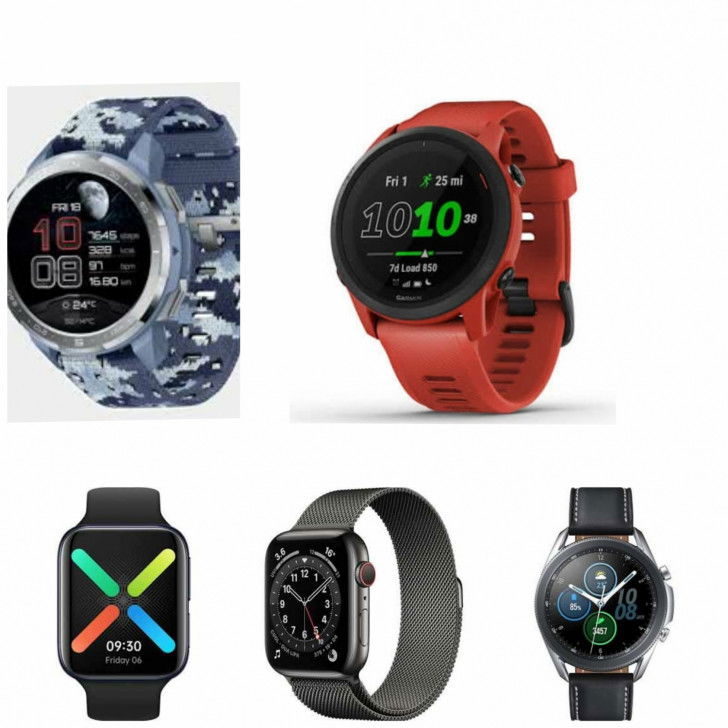Technology
Smartwatches helping rich people stay fit, not poor: Study

New Delhi, Nov 17 : Smartwatches and digital health apps are not helping poor people when it comes to staying fit, and wearables have become gadgets for the rich and famous to meet their daily health goals, says a new meta-analysis that looked at 19 different studies.
At present, digital interventions via wearables and apps targeting physical activity are not equivalently effective for people of low and high socioeconomic status.
"Specifically, there is very little evidence that digital physical activity interventions have any efficacy for people of low socioeconomic status, but moderate efficacy for those of high socioeconomic status, both between and within studies," said the new meta-analysis published in the International Journal of Behavioural Nutrition and Physical Activity.
The tech companies have championed wearable technology as a tool for reducing inequalities in health promotion, which clearly is not the case.
"This study suggests that in a physical activity context, the opposite is true, that is, people who would benefit the most from these interventions are being left behind," the researchers noted.
The researchers tested whether things like text messages, web-based prompts, or wearable step trackers could nudge people to increase their levels of physical activity.
Across all of the studies, the behavioural tools were not effective for people with low socioeconomic status, even when they worked well for the rich.
"Digital interventions targeting physical activity do not show equivalent efficacy for people of low and high socioeconomic status. For people of low socioeconomic status, there is no evidence that digital physical activity interventions are effective, irrespective of the behaviour change techniques used," the team noted.
The study shares some reasons behind this disparity.
People of low socioeconomic status may, in general, tend to use the internet less for health information and have a lower e-Health (electronic-health) literacy -- people's capability to use information and communication technology to improve their health, which may impact intervention engagement, the findings showed.
Compared to those of low socioeconomic status, people of higher socioeconomic status "may elicit more opportunities to act upon intervention advice or feedback through more free time, the ability to prioritise lifestyle behaviour and more resources, as well as a more supportive social and physical environment that facilitates increases in physical activity".
In light of acceleration towards a digital world (escalated by the Covid-19 pandemic), there is an urgent need to investigate whether digital behaviour change interventions are widening rather than reducing inequalities, the researchers stressed.



































